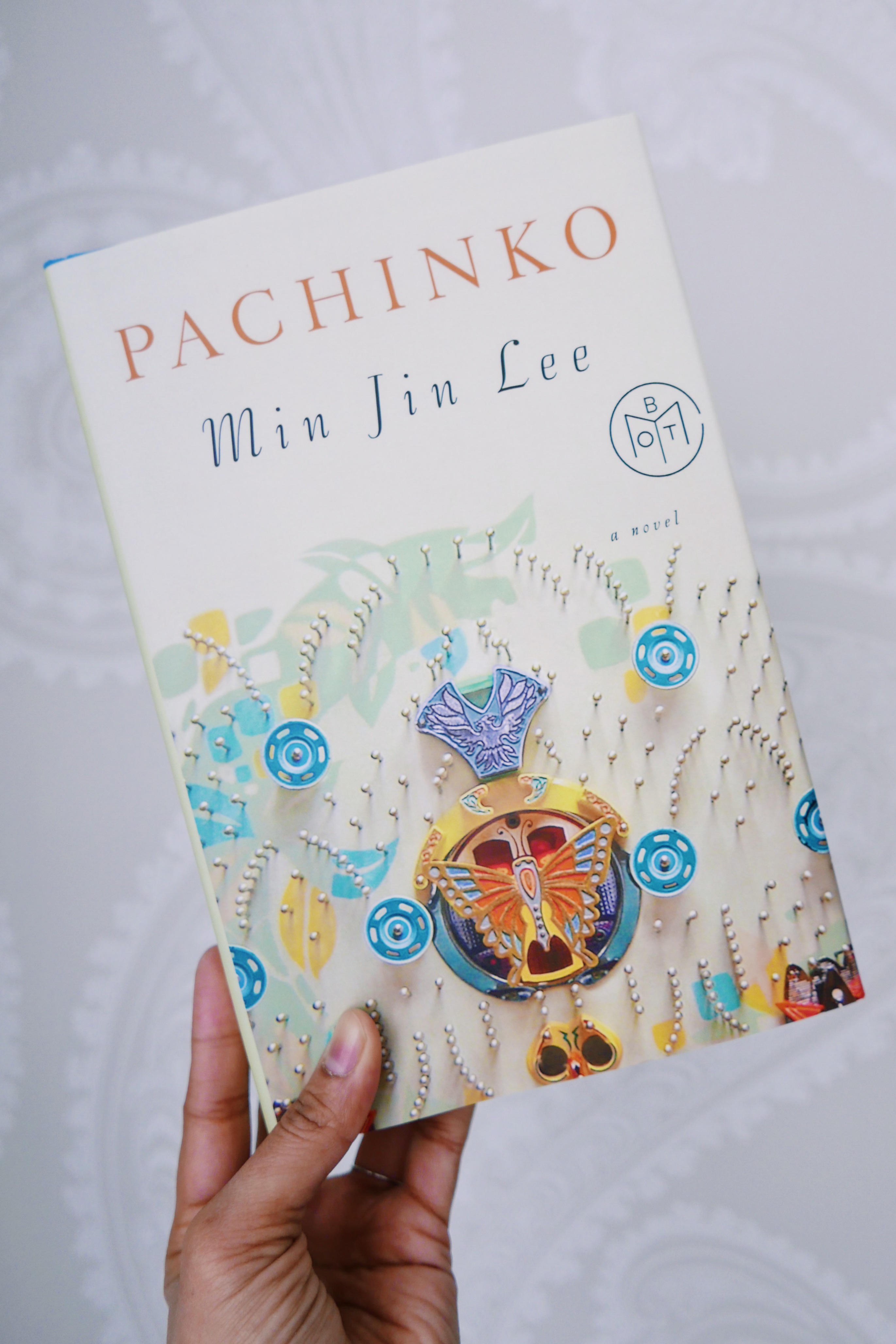This book is spectacular.
Pachinko is a book like many others – a story about a family over generations, and everything that goes with it (love, conflict, managing the desire for more while respecting what you have, giving the next generation more than what you had).
It’s also a book unlike any other that I’ve read.
Pachinko follows the story of a Korean family from the early 1900s to present-day, from a small Korean village to the bustling metropolitans of Osaka and Tokyo. It offers a sharp view of an Asian conflict I knew only peripherally – Korean and Japanese, and especially the treatment of Koreans in Japan during the mid-1900s.
As the family grows and evolves, so do these countries. The family grows from humble beginnings to one of the wealthiest families by seizing opportunities, never refusing work, and always putting their children first.
There’s death. There’s birth. There’s love – so much love. There’s shame. There’s grit and hustle.
There’s heart.
Pachinko‘s prose is beautiful in its simplicity. No word is wasted or unnecessary in this book, and it paints such a clear picture of the changing world over the century that it covers. And while the ending felt a little flat, it’s a beautiful reminder that an ending is truly another beginning, and a story never really ends.
It may just take a pause.
This book is best enjoyed with cups of jasmine tea, steeped in this traditional pot. I kept thinking about my friend Victoria when I read this book, and highly recommend you read her own tale (part I, part II) once you finish this book.
I am a Book Of The Month ambassador, and received a copy as a part of my ongoing partnership.


